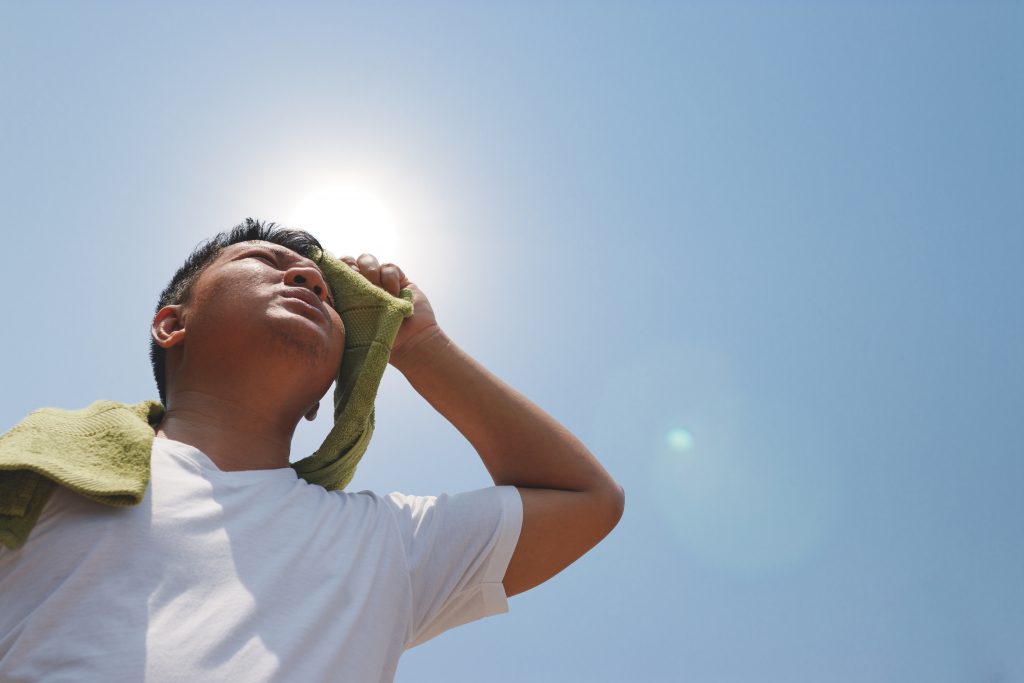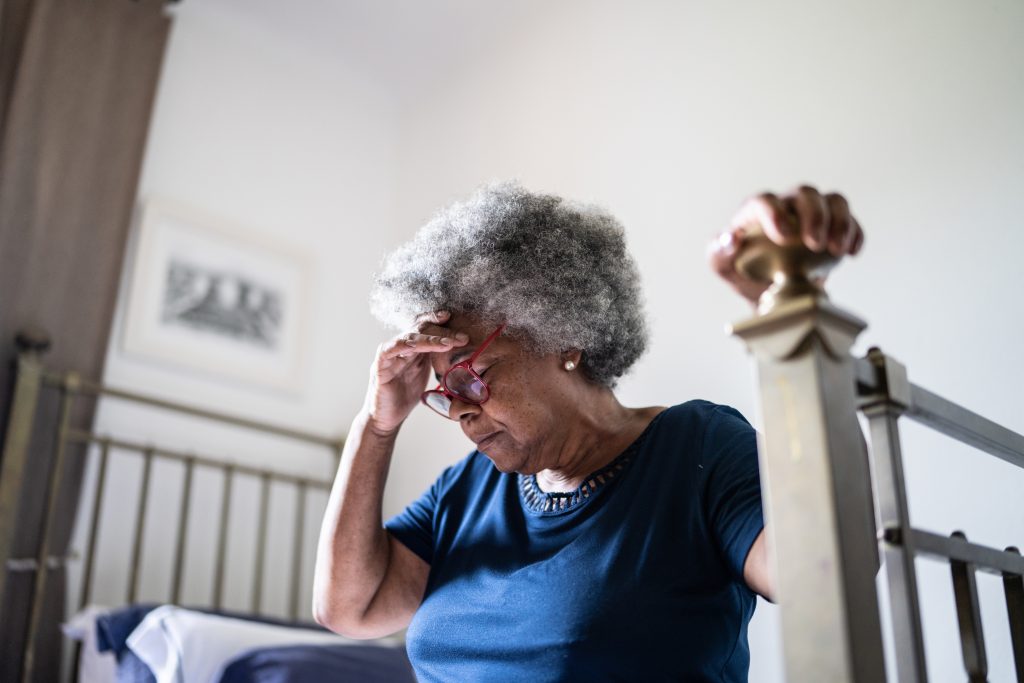Heatwave health: prepare yourself for a long, hot summer
We’re on the cusp of summer in Australia, and it’s going to be a hot one so it’s important to know all about heatwave health. The Bureau of Meteorology is predicting above-average temperatures for most of the country, with some areas expected to experience heatwaves.
Heatwaves can be dangerous, especially for vulnerable people such as the elderly, the young, and those with chronic health conditions. That’s why it’s important to be prepared and know how to stay safe in the heat.

What happens to your body in the heat
When it’s hot outside, your body must work harder to stay cool. It does this by sweating and increasing blood flow to the skin. Sweating helps to cool your body down by evaporating from the skin. Increased blood flow to the skin helps to bring heat to the surface of your body, where it can be released into the air.
However, if you’re not careful, you can easily become dehydrated in the heat. Dehydration occurs when you lose more fluids than you consume. This can lead to a number of health problems, including heat exhaustion and heat stroke.
- Heat exhaustion or heat stress is a serious condition that can occur if you lose too much fluid and salt through sweating. Symptoms of heat exhaustion include headache, dizziness, nausea, vomiting, muscle cramps, and heavy sweating. If you experience any of these symptoms, it’s important to move to a cool, shaded place, drink plenty of fluids, and rest.
- Heat stroke is a medical emergency that can occur if your body temperature rises to dangerous levels.
Signs to look out for of heat stroke
The signs of heat stroke can develop quickly, so it’s important to be aware of them. If you or someone you know is experiencing any of the following symptoms, call 000 immediately:
- Sudden rise in body temperature (38 degrees Celsius or higher)
- Headache
- Dizziness
- Confusion
- Nausea
- Vomiting
- Seizures
- Fast, shallow breathing
- Intense thirst
- Rapid or weak pulse
- Dry, swollen tongue
- Changes in speaking, thinking or feeling (e.g. slurred speech, confusion, aggression)
- Loss of consciousness

Who the heat affects most
The heat can affect anyone, but certain people are at higher risk of developing heat-related illnesses. These include:
- Older adults
- Young children
- People with chronic health conditions such as heart disease, lung disease, and kidney disease
- People who are overweight or obese
- People who are taking certain medications
- People who are exercising or working in hot environments
Now is a good time to chat with a doctor to talk about your risk of heat-related health problems, and what you can do to prevent or deal with them.
Heatwave health – ways to stay safe in the heat
There are a number of things you can do to stay safe in the heat, including:
- Drink plenty of fluids, even if you don’t feel thirsty. Water is the best choice, but you can also drink clear soft drinks, sports drinks, or fruit juice.
- Avoid alcohol and caffeine, as these can dehydrate you.
- Wear loose-fitting, light-coloured clothing.
- Seek shade when you’re outdoors.
- Take breaks in the shade or in an air-conditioned place if you’re working or exercising in the heat.
- Limit physical activity during the hottest part of the day.
- Check on elderly relatives or neighbours regularly to make sure they are staying safe in the heat.
If you’re concerned about your health or the health of someone you know, please talk to a doctor.

Telehealth consults: an ideal solution for heatwave health
Consulting a doctor via telehealth can be a great option for people who are experiencing heat-related illnesses or who are at risk of developing them. Telehealth consults allow you to see a doctor from the comfort of your own home, so you don’t have to travel to the clinic in the heat.
Telehealth consults provide:
- Convenience: Telehealth consults are convenient and easy to use. You can book an appointment online
- Safety: Telehealth appointments can be a safer option for people who are experiencing heat-related illnesses or who are at risk of developing them. You also don’t have to travel to the clinic in the heat, which can help to prevent your condition from worsening.
- Access: Telehealth consults can provide access to healthcare for people who live in rural or remote areas, or who have difficulty traveling to the clinic.
If you’re experiencing heat-related symptoms, or if you’re concerned about your health in the heat, consider making a telehealth appointment with a doctor.
To speak with an InstantScripts Doctor:
Request a ConsultationIf you have run out of your script:
Request a ScriptWritten by Sally Bathgate, a health and medical writer with more than 10 years’ experience writing plain-language materials for patients and their carers. Sally holds a Bachelor of Science (Hons I) in Pharmacology from UNSW.
© InstantScripts
Level 8 / 637 Flinders St.,
Docklands VIC 3008

